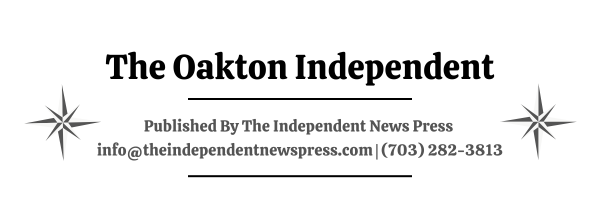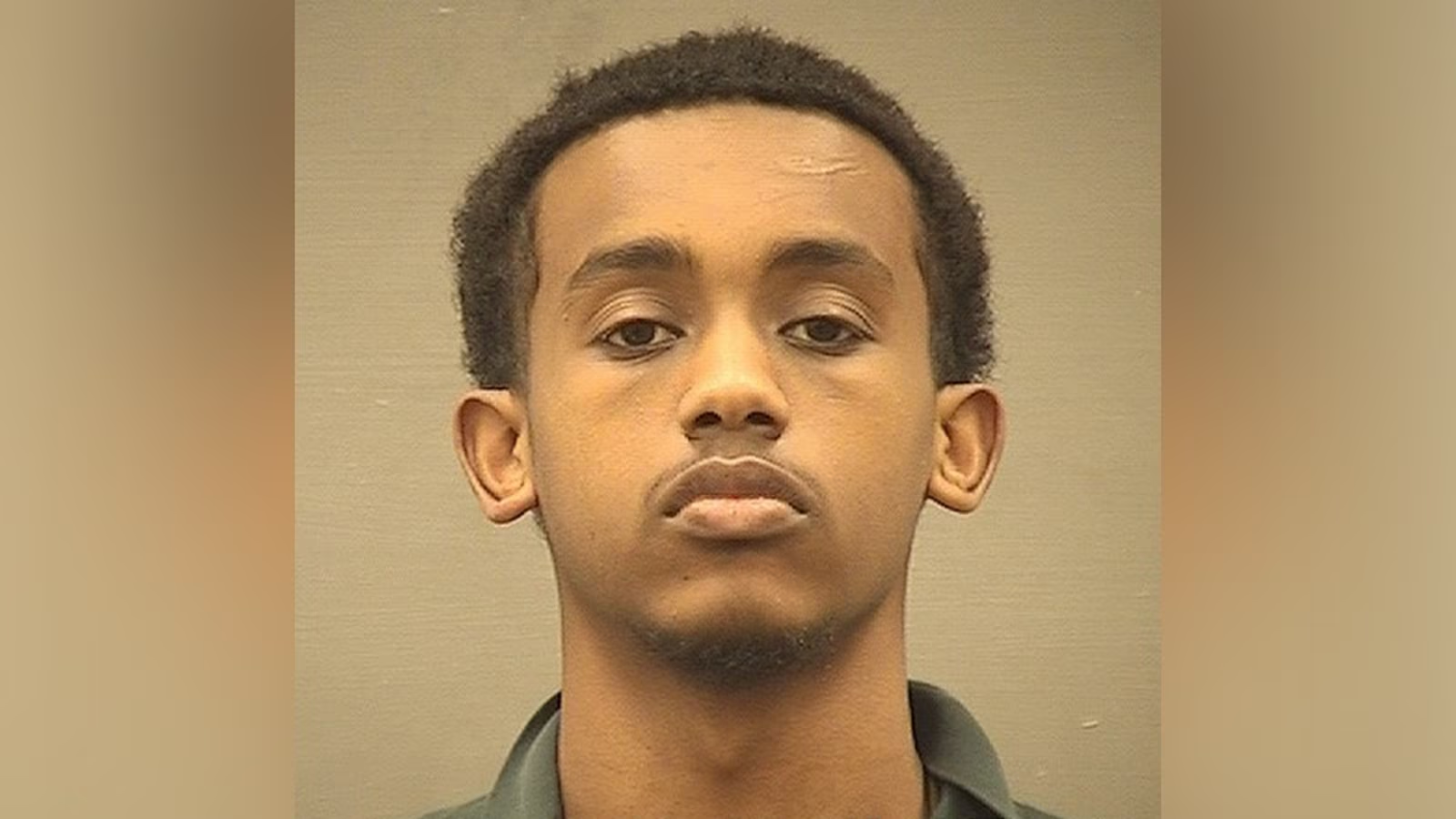The arrest of Abdullah Hassan, a George Mason University freshman, residing in Falls Church, for allegedly plotting a terrorist attack marks a disturbing event in the Mason community that demands serious reflection. The FBI’s investigation revealed that Hassan, an Egyptian national studying information technology, had been meticulously planning a mass casualty attack on the Israeli consulate in New York.
The path to Hassan’s arrest began with a tip to Fairfax County police about suspicious social media activity, where he allegedly operated multiple accounts promoting ISIS and al-Qaeda ideologies. Prosecutors allege that Hassan made posts “revering Osama bin Laden” while maintaining several accounts that “promoted violence against Jews” (GMU Student Charged with Plotting Mass Casualty Attack on Israeli Consulate in New York, CNN, 2024). The investigation culminated when Hassan allegedly recruited an undercover FBI informant to conduct a mass casualty attack, providing bomb-making instructions, information about the Israeli consulate to discussing escape routes to countries without extradition treaties
George Mason University’s administration acted swiftly, with President Washington announcing Hassan’s immediate ban from campus property. This incident does not exist in isolation. The university has recently faced other concerning situations, including a separate case involving two students whose off-campus residence was searched by authorities, allegedly yielding weapons and materials promoting violence (FBI Charges GMU Student with Plotting Mass Attack on Israeli Consulate, NBC, 2024) However, Washington emphasized there appears to be no connection between these events.


